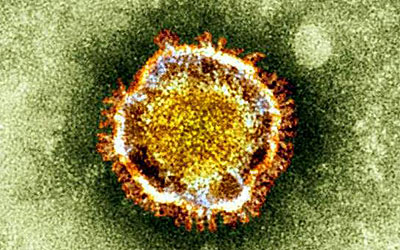
A UN health official says most of the confirmed cases of Respiratory Syndrome Corona-Virus (MERS-CoV) could have been prevented as infection rates for the virus are slowing.
Assistant Director-General of the World Health Organization (WHO) Keiji Fukuda said on Thursday that there have been 824 confirmed cases of MERS, including at least 286 deaths, since last year.
Fukuda added that around 40 percent of those who became infected with MERS have died, describing it “a much higher-than-normal fatality rate” for a virus.
“If we take a look at all of the people that we know got infected (in hospitals), probably the vast majority of those people’s infections could have been prevented,” he added.
According to the official, scientists hope to gain enough information in about a year to be able to stop MERS from spreading further across the world.
The virus first emerged in the Middle East and was discovered in September 2012 in a Qatari man who had traveled to Saudi Arabia.
MERS is a cousin of SARS. The virus, which causes coughing, fever and pneumonia, does not appear to be as contagious as SARS, which killed some 800 people in a 2003 epidemic.
In addition to Saudi Arabia, which is worst hit by the virus, MERS has been reported in Qatar, the United Arab Emirates, France, Germany, Italy, Tunisia, Britain and the United States.
RELATED ARTICLES
- UN says 70% of Gaza's population faces Catastrophic Hunger
- Gangsters Take Full Control of Haiti, UN Sends Kenyan Troops to Help Restore Order
- Mass Food Shortages Reach Unprecedented Levels in America
- Biden To Sign Accord Giving WHO Authority to Control US Response to Pandemics
- WHO says COVID-19 Pandemic is Over, no longer be regarded as a Global Health Emergency











